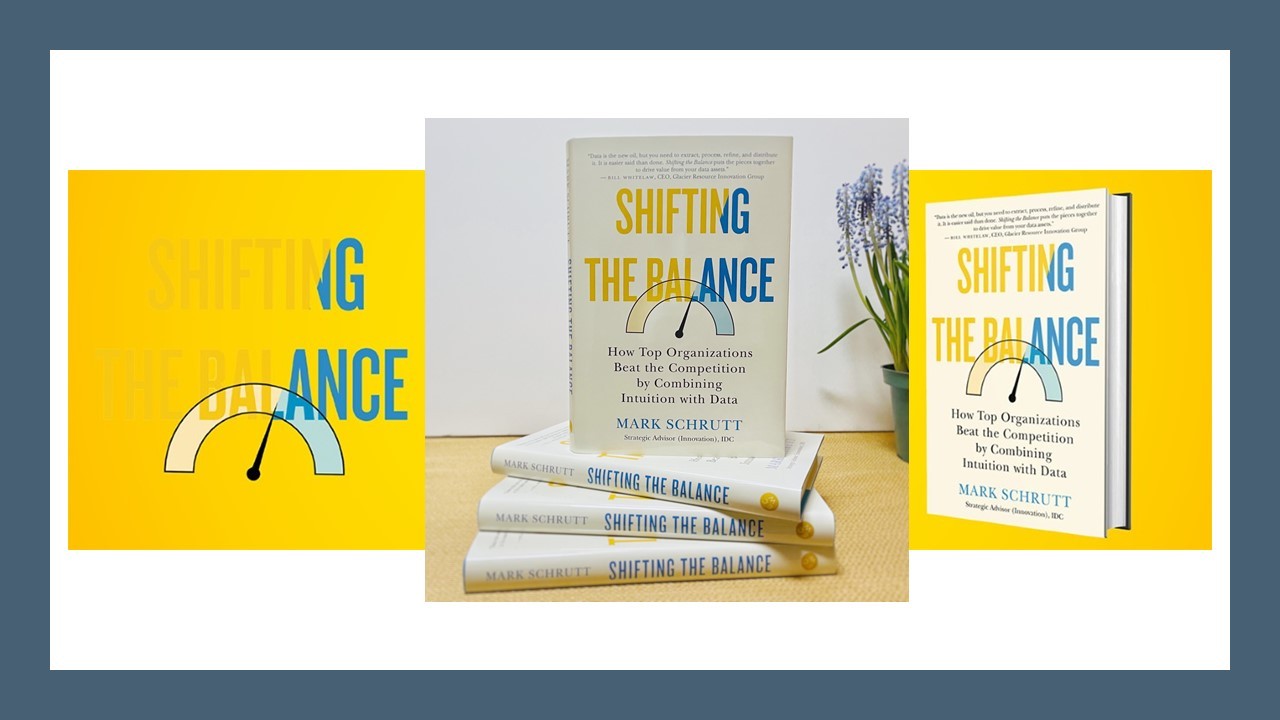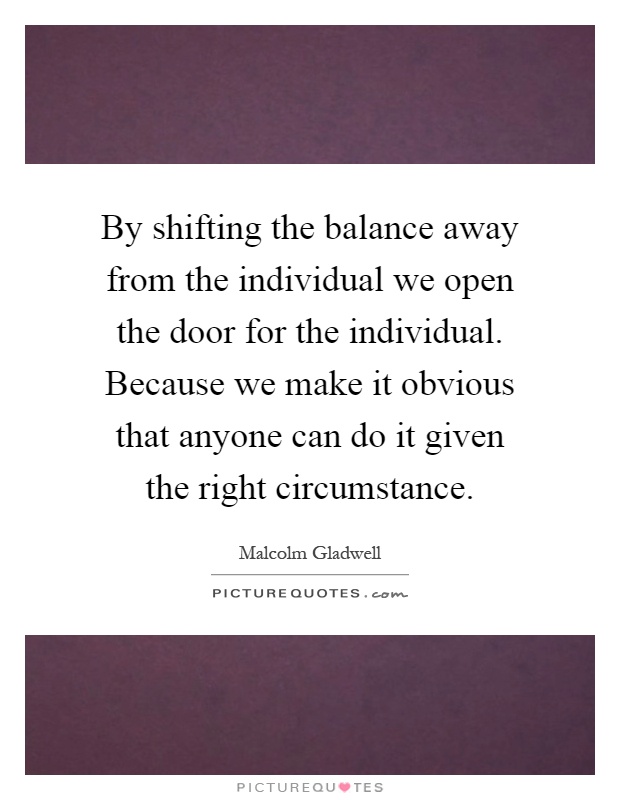
Shifting the Balance 6 Ways to Bring the Science of Reading into the Balanced Literacy
From phonological processing to brain research to orthographic mapping to self-teaching hypothesis, Shifting the Balance cuts through the rhetoric (and the sciencey science) to offer readers a practical guide to decision-making about beginning reading instruction. The authors honor the balanced literacy perspective while highlighting common practices to reconsider and revise—all through a.

Shifting the Balance Released Today!
Shifting the Balance, Grades 3-5: 6 Ways to Bring the Science of Reading into the Upper Elementary Classroom. $4080. +. 7 Mighty Moves: Research-Backed, Classroom-Tested Strategies to Ensure K-to-3 Reading Success (The Science of Reading in Practice) $2848. Total price: Add all 3 to Cart. These items are shipped from and sold by different sellers.

Shifting the Balance by Mark Schrutt Audiobook
Editorial Reviews. In Shifting the Balance, 3-5, Cunningham, Burkins, and Yates go beyond the science of reading being only phonics.Taking a deeper dive into vocabulary, comprehension, fluency, and word identification for upper elementary students, this book helps teachers understand what is needed in their instruction through easy-to-read case scenarios.

Shifting the balance Dentistry.co.uk
In Shifting the Balance, Burkins and Yates skillfully explore 'balanced literacy' and 'the science of reading' to find the sweet spots where they overlap, connect, and actually complement one another. The result is a resource that raises our level of instruction while helping children discover and reap the joyful rewards of reading."

4 Strategies for Shifting the Power Balance in Your Business
In this podcast, Katie Egan Cunningham, Jan Burkins, and Kari Yates, the authors of Shifting the Balance: 6 Ways to Bring the Science of Reading into the Upper Elementary Classroom. This much-awaited sequel to the first Shifting the Balance book introduces six more shifts for elementary teachers. In this episode, the authors discuss the first.

Shifting the Balance
Yes, Dr. Jan Burkins and Kari Yates recently released their stunning new book, Shifting the Balance: 6 Ways to Bring the Science of Reading into the Balanced Literacy Classroom. Their book is a rare example of laying down a bridge to allow teachers who are trained in balanced literacy to cross over and hear better the perspective of those.

By shifting the balance away from the individual we open the... Picture Quotes
The 3-5 book will follow the same structure as the K-2 book, with each chapter built around misunderstandings and followed by high-leverage routines for making the shift. The six shifts in the 3-5 book, however, will be more specific for upper-grade students. And while the new book is really zoomed in on 3-5 practices, it will also serve as a.

The Shifting Dance of Balance
Shift #1: Rethinking how reading comprehension begins. The first shift in Shifting the Balance is to reconsider is that we may be overlooking the role of listening comprehension in reading comprehension. Readers struggling with comprehension language don't just need comprehension lessons—they need lots of opportunities to use and develop language and to build knowledge.

A depiction of the new Shifting Balance Theory. Download Scientific Diagram
In this much anticipated follow-up to their groundbreaking book, Shifting the Balance: 6 Ways to Bring the Science of Reading into the Balanced Literacy Classroom, authors Jan Burkins and Kari Yates, together with co-author Katie Cunningham, extend the conversation in Shifting the Balance, Grades 3-5: 6 Ways to Bring the Science of Reading into the Upper Elementary Classroom.

Shifting the Balance
Shifting the Balance includes dozens of simple places to begin, starting points that teachers can try out tomorrow, and get results that motivate them to do more. If you already have strong traction with science-aligned practices and your efforts to support change are already working in your corner of the world, then this book may not be for you.

Balance series Weight Shifting and Visual shifting YouTube
Shifting the Balance, Grades 3-5 introduces six more shifts across individual chapters that: Zoom in on a common (but not-as helpful-as-we-had-hoped) practice to reconsider. Untangle a number of "misunderstandings" that have likely contributed to the use of the common practice. Propose a more science-aligned shift to the current practice.

Shifting the Balance The Authors’ Story & a Review Reading Simplified
https://www.stenhouse.com/content/shifting-balance https://thesixshifts.com In this podcast based on their new book, Shifting the Balance: 6 Ways to Bring t.

Shifting the Balance Answers to Some Important Questions The Six Shifts
Classroom Applications: Shifting the Balance, K-2 is full of sample activities and classroom vignettes that paint a picture of what these shifts look like in action with roomful of learners. The book has already helped countless educators by taking the guesswork out of how to blend best practices with the latest research while keeping students at the forefront of reading instruction.

Shifting the Balance 6 Ways to Bring the Science of Reading into the Balanced Literacy
Classroom Applications: Shifting the Balance, K-2 is full of sample activities and classroom vignettes that paint a picture of what these shifts look like in action with roomful of learners. The book has already helped countless educators by taking the guesswork out of how to blend best practices with the latest research while keeping students at the forefront of reading instruction.

Shifting the Balance The Authors’ Story & a Review Reading Simplified
In Shifting the Balance, Jan and Kari invite us to reflect and reexamine our beliefs about teaching reading. They gently nudge us to rethink and possibly adjust our early literacy practices. Jan and Kari have taken on this controversial topic by embracing vulnerability and modeling what it means to be truly reflective practitioners. This book.

The Four Pillars of Balance optimise your energy levels
Shift 2: Recommitting to Phonemic Awareness Instruction. Shift 3: Reimagining the Way We Teach Phonics. Shift 4: Revisiting High-Frequency Word Instruction. Shift 5: Reinventing the Ways We Use MSV (3 Cueing Systems) Shift 6: Reconsidering Text Selection for Beginning Readers.